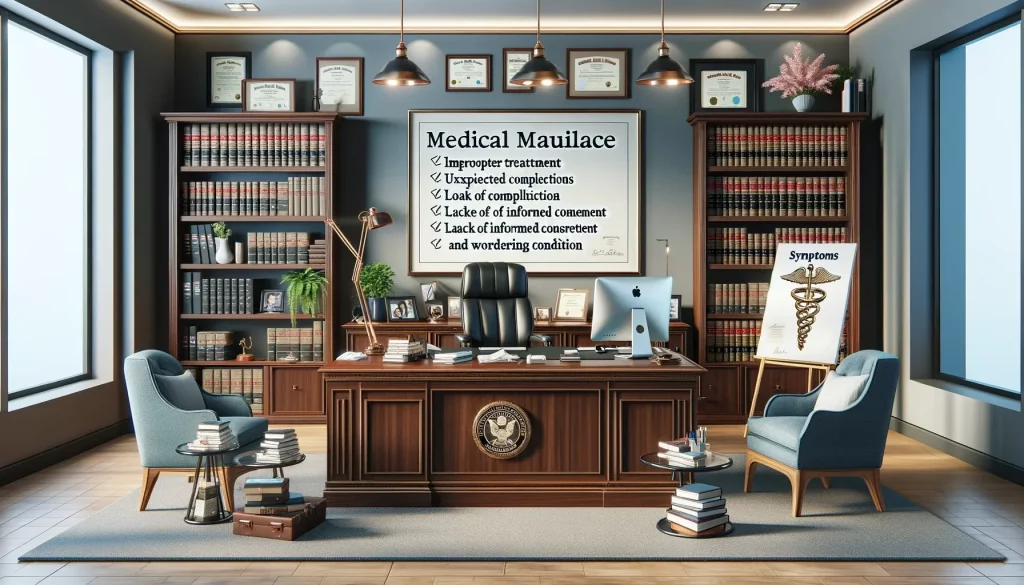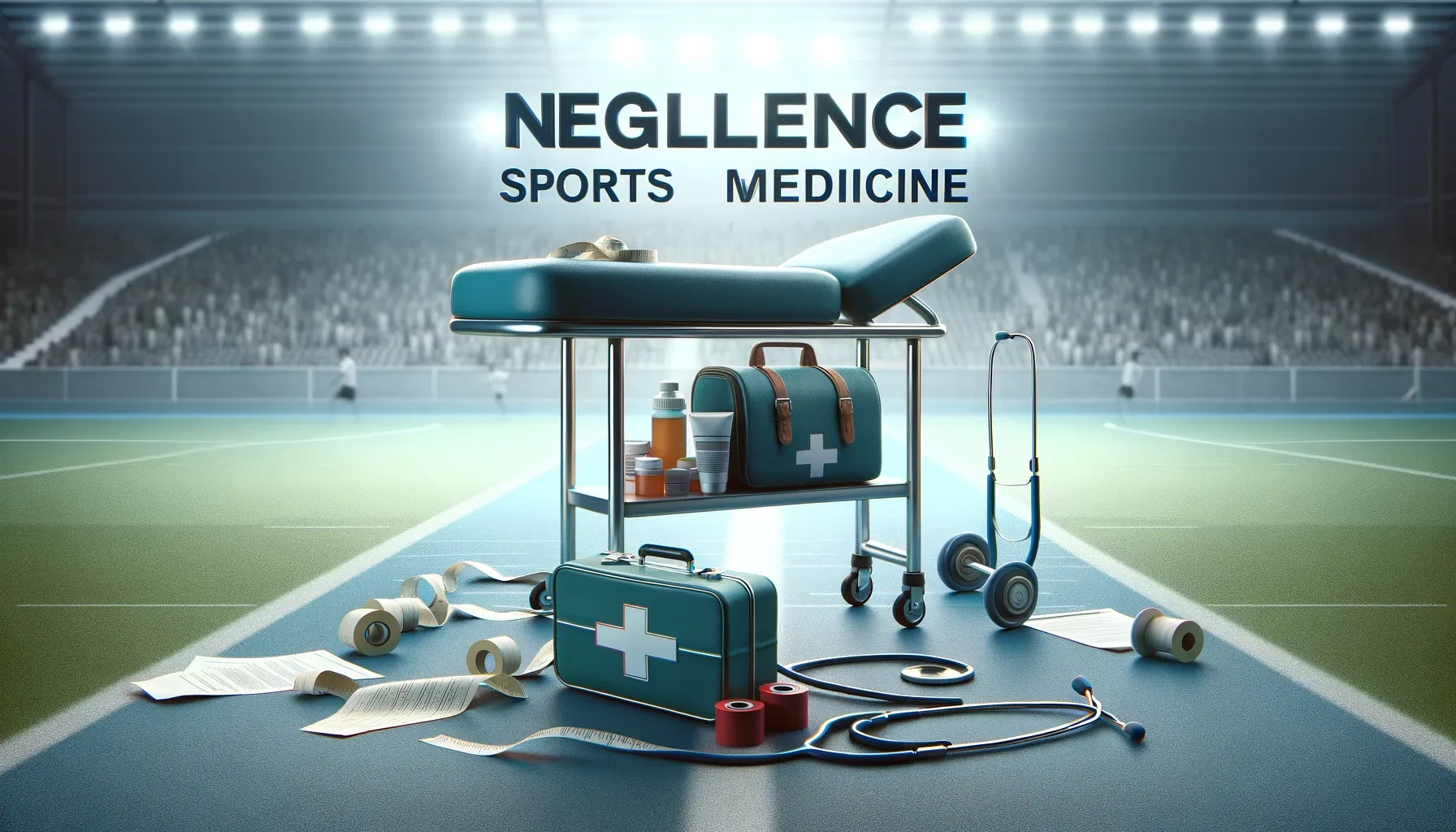Table of Contents
How to Know if You Have a Medical Malpractice Case? Do you think you or a loved one skilled harm due to a healthcare issuer’s negligence? Medical malpractice cases can be complicated, but there are signs and symptoms you could look for to determine when you have a legitimate case. Here is a comprehensive guide on a way to understand when you have a clinical malpractice case.
How to Know if You Have a Medical Malpractice Case?
To know if you have a medical malpractice case, consider these key points:
- Duty: A healthcare professional owes you a duty of care.
- Breach: They breached that duty through negligence.
- Injury: You suffered harm due to their negligence.
- Causation: There’s a direct link between the breach and your injury.
Consult with a legal expert to evaluate your specific situation.
What Constitutes Medical Malpractice?
Medical malpractice takes place when a healthcare professional or facility breaches the standard of care and reasons damage or harm to a patient. This can contain an act of negligence, inclusive of a mistake, or an act of misconduct, consisting of intentional deception. Medical malpractice covers any kind of healthcare provider, together with medical doctors, nurses, professionals, surgeons, dentists, therapists, nursing homes, and hospitals.

Signs That Point to Medical Malpractice
Several red flags endorse clinical malpractice might also have befallen:
Misdiagnosis or Delayed Diagnosis
One of the most common reasons patients record scientific malpractice complaints is due to the fact their condition becomes misdiagnosed or the diagnosis turned into delayed. These blunders can significantly affect the analysis and cause preventable complications. For example, a neglected cancer analysis allows the disorder to unfold unchecked.
Birth Injuries
If a toddler reviews delivery harm, together with bruising, broken bones, or oxygen deprivation, it could indicate substandard practices with the aid of the obstetrician or healthcare facility. Cerebral palsy, for instance, regularly results from scientific negligence during childbirth.
Surgical Errors
Surgical errors can every so often show up, but mistakes can also represent negligence, inclusive of working on the wrong website, leaving a surgical device inside the affected person, or damaging organs and nerves.
Medication Errors
Prescribing the incorrect drug, wrong dosage, or contraindicated medicines that engage poorly can cause great harm. Similarly, pharmacies in the mix-united states can result in patients getting incorrect medicines.
Failure to Monitor and Treat
Doctors and nurses must frequently reveal, examine, and deal with sufferers. Failure to reply to emerging complications or changes in repute can position the affected person at hazard.
Failure to Obtain Informed Consent
Informed consent is a vital part of patient rights. Doctors have to offer information about the risks, advantages, and options so the patient can make an educated choice about the remedy. Failure to attain informed consent is clinical malpractice.

Gathering Evidence for Your Medical Malpractice Case
Here are the steps involved in collecting evidence to prove your case:
Request and Review Medical Records
Medical facts offer documentation approximately your care and are critical proof. Get copies and overview them cautiously, making word of mistakes, gaps in care, negligent acts, or omissions.
Note the Timeline of Events
Create a detailed timeline of when your signs and symptoms started, while you sought care, which vendors you noticed, treatments and medicines are given, and the development of your condition. Any large gaps ought to suggest negligence.
Consult Medical Experts
Have your records reviewed by an outside expert like a medical doctor or nurse who can determine if the care you received fell below the usual. Their testimony strengthens your case.
Prove Causation
You ought to be able to reveal your harm directly as a result of scientific negligence, no longer an unrelated aspect. Having professional testimony on causation is prime.
Determining Damages in Your Malpractice Case
You want to work together with your lawyer to calculate both financial and non-economic damages, which can include:
- Economic: Medical bills, lost wages, loss of future income, rehabilitation costs
- Non-economic: Pain and suffering, emotional distress, loss of enjoyment of life
- Punitive: Punitive damages that punish the negligent provider

Finding a Medical Malpractice Attorney
It’s crucial to locate a skilled clinical malpractice attorney, mainly in view that those cases are very complicated. Look for those qualifications:
- Extensive experience handling medical negligence cases
- Record of successful verdicts and settlements
- Willing to hire experts at their expense
- Someone you feel comfortable with and can trust
- Offer contingency fees so you don’t pay unless they win
Avoid any attorney who pressures you to settle quickly. You want someone who will take the time to build a strong case.
Deciding Whether to File a Medical Malpractice Lawsuit
Here are some matters to don’t forget:
- Do you have sufficient evidence of negligence?
- Has too much time passed? There is a statute of limitations.
- Are you ready for a lengthy process? Lawsuits take years.
- Can you negotiate a fair settlement pre-trial instead of litigation?
Have practical expectations about the time, strain, and expenses of a trial. Many malpractice instances are settled out of court. An experienced lawyer can recommend you on the professionals and cons.

Overview of the Medical Malpractice Lawsuit Process
If you decide to pursue a malpractice lawsuit, this is the basic process:
Filing of Complaint
The first step is for your attorney to file a grievance detailing allegations of negligence against the carriers and/or clinical centers involved in your care. Defendants have a period to respond.
Discovery Stage
During this proof-series phase, each side acquires pertinent clinical records, conducts depositions, procures professional testimony, and alternate records through the invention system.
Settlement Conferences
Before trial, the choose will order agreement meetings to see if an appropriate resolution may be reached between events without going to the courtroom. Most cases settle.
Trial
If all pre-trial settlement negotiations fail, the case goes to trial. A jury or decision will listen to arguments from lawyers on both facets and render a verdict.
Damages
If discovered liable for scientific malpractice, the defendant should pay damages to compensate you for losses and accidents suffered. Punitive damages may also be provided.
For more amazing information about Health and Wellness Visit here
FAQs about How to Know if You Have a Medical Malpractice Case?
What percentage of medical malpractice claims are actually successful?
Only approximately 28% of medical malpractice claims come to be with the plaintiff receiving repayment. It’s difficult to prove negligence and causation. An experienced attorney will increase your odds.
How long does a medical malpractice lawsuit take?
Most instances take anywhere from 1-three years before reaching an agreement or trial. The complicated nature of these instances calls for giant time for proof collection, expert overview, negotiations, and trial prep.
What is the average medical malpractice settlement amount?
It varies dramatically primarily based on the severity of harm, however, estimates range from about $300,000 to as high as $1 million. Cases ensuing in permanent incapacity or death tend to be higher.
Is proving negligence enough to win a case?
No, you must additionally definitively establish causation between the negligence and your injury or damages. Your legal professional must show your damage would not have happened but for the company’s breach.
Should I accept the first settlement offer from the other side?
Not necessarily. Your legal professional has to intention to negotiate a full and fair settlement. If the primary provider seems unreasonably low, it’s reasonable to reject it and negotiate for a higher amount.




